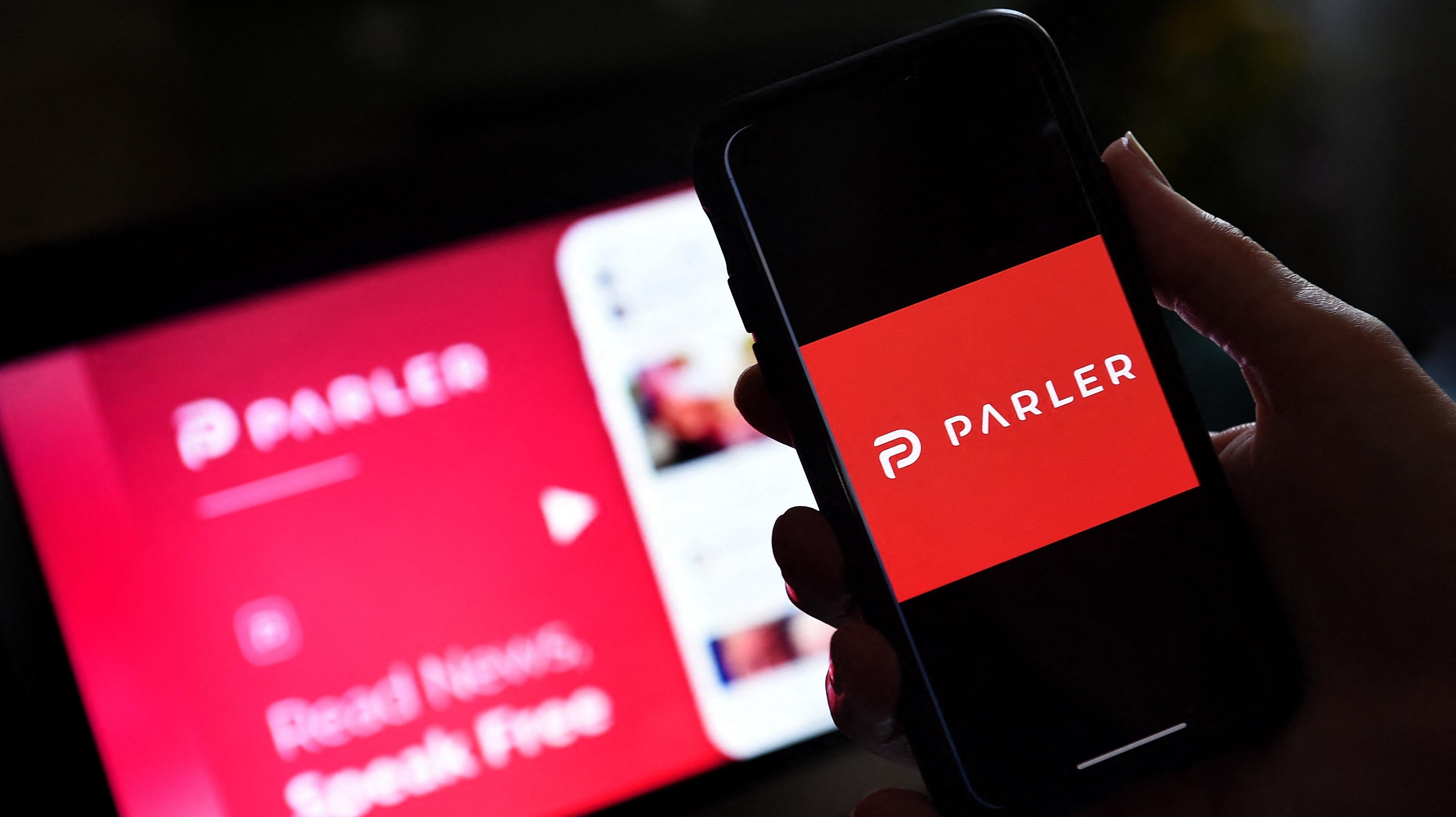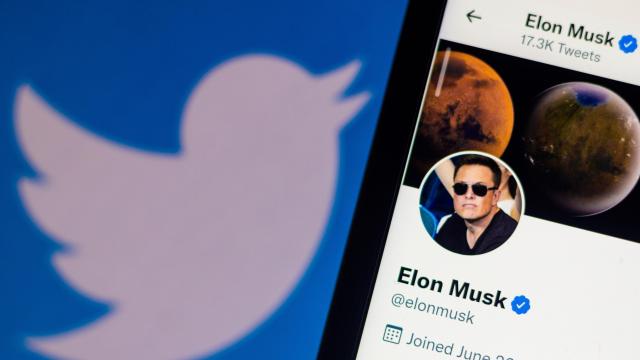Elon Musk might not identify as a Republican, but new data reaffirms the billionaire’s proclaimed “absolutist” views on free speech put him at home amongst the elephants.
Echoing concerns voiced by Musk, slightly more than half (51%) of Republican social media users say they don’t feel like they can freely express themselves on social media, compared to just 19% of Democrats who say so, according to a new Morning Consult survey. Those already sizable gaps expanded even further when surveyors asked respondents about so-called “censorship,” a convoluted term which has become a bloody arena of debate dividing social media critics. Nearly two thirds (63%) of ideological conservatives said they believed censorship was a “major threat” in the U.S. compared to just 28% of liberals.
Those new figures provide some hard data to support what, on the surface, seemed like an outpouring of right wing support for Musk’s recent efforts to acquire Twitter. Morning Consult conducted its survey of 2,210 U.S. adults between April 15-April 17, starting about a day after Musk announced his interest in acquiring Twitter in a hostile takeover.
Musk’s Vision for Free Speech Absolutist Twitter
Elon Musk has spent the better part of April trying to turn his favourite podium into his next play toy. After initially hinting he may join Twitter’s board after amassing a 9.2% stake in the company, Musk essentially flipped the boardroom table over and announced an offer to buy the company outright for $US54.20 ($75) per share in cash in a hostile takeover of roughly $US43 ($60) billion.
Though Musk has expressed a handful of grievances with Twitter over the years, his loudest and most consistent snubs involve his views on the company’s stance towards speech and content moderation.
“I invested in Twitter as I believe in its potential to be the platform for free speech around the globe,” Musk wrote in his SEC filing last week. “I believe free speech is a societal imperative for a functioning democracy.” Following up on that thread during a TED event days later, Musk described his reasoning for buying out Twitter as filling the need for an “inclusive arena of free speech.”
Musk’s supposed commitments to free speech have led some (including many on the political right) to wonder whether an Elon-run Twitter would lead to the resurrection of former President Donald Trump’s flamethrower @realdonaldtrump account. Trump was kicked off the platform following the Jan. 6 attacks. Internal Facebook data recently made public by Gizmodo as part of the Facebook Papers revealed Trump’s account was one of the prime vectors contributing to a surge in reported violations of its violence and incitement rules.
Still, The Morning Consult survey shows a clear divide in response to welcoming Trump back online.
Half of Republicans said they thought social media bans on elected officials and other high profile users (a clear nod to Trump) should be lifted. Just 28% of Democrats agreed with lifting those bans. Trump, for his part, claims he could care less if Musk reinstated his account. Speaking on Sirius XM’s Americano Media last week, Trump, who’s struggling to maintain a haphazard social media company and was forced to purge his Twitter-like blog after less than a month, said he “probably wouldn’t have any interest” in returning to Twitter.
“You know, Twitter has become very boring,” Trump said according to Reuters. “They’ve gotten rid of a lot of their good voices…a lot of their conservative voices.”
Users are clearly divided over Musk’s thoughts on speech but they are actually strangely more aligned on some of the billionaire’s other recent Twitter related positions. Early on in his quest for the app, for example, Musk polled his followers asking them if they would like an edit button. (Twitter has actually come out since then and said an edit feature may be on the way, though made a point to say the idea preceded Musk’s poll.) Regardless of how it came about, the edit features have broad support with 59% of users across the political spectrum saying they support the feature and only 4% strongly opposing it. Almost 3 in 5 adults expressed support for Musk’s thoughts around opening up social media algorithms to the public and 51% of adults supported tech companies converting unused office spaces into homeless shelters, an idea Musk flippantly floated earlier this month.
The Right’s Fractured Social Media Disaster

If Musk does somehow manage to essentially take over Twitter and convert it into his unrestricted dream platform, he’ll join a swamp of other apps vying to run with that very same mission statement. Right-wing favoured social media apps Truth Social, Gettr, Parler, and Gab, are just some of a growing list of apps cannibalising each other in an attempt to become the uncensored, preferably lib-hating, Twitter.
Truth Social, a platform within President Trump’s Trump Media & Technology Group launched two months ago with a platform plagued by technical issues and clogged with broken bullshit. That horrorshow launch led the platform to see a 93% drop in new signups after its first week, according to a Sensor Tower strategist. Gettr, which is reportedly vying to poach Trump for his own flailing platform, is apparently so full of “fuckery” even podcaster Joe Rogan had to jump ship after just 10 days. Parler, meanwhile, was notoriously forced off Apple and Google’s app stores for a month after failing to properly remove dangerous content following the January 6 attacks.
Then there’s alt-right nesting ground Gab which recently approached Musk with an offer of their own: Screw Twitter and invest $US2 ($3) billion in Gab instead! In a blog post, Gab CEO Andrew Torba said he would offer Musk a Gab board seat in exchange for the investment and a commitment from Musk to sell his Twitter position. Seemingly without irony, Torba said Musk should pitch his tent with his app because, “Twitter has legacy problems that Gab doesn’t.”
Gizmodo reached out to Gettr, Parler, Truth Social, and Substack for comment but did not hear back. We were unsuccessful in attempting to contact Gab.
Though accurate figures on user counts for these platforms are hard to find, a recent CNN report suggests Gab’s leading the charge amongst the jumbo of supposed free speech apps. That’s not saying much. In an April, the U.S. Securities and Exchange Commission report, Gab reported 3.7 million monthly visitors globally. Twitter, by comparison, reportedly had 56 million months users around that same time according to eMarekter.
These platform might be bastions of unfettered free speech, but they are also also death pits for new users.
